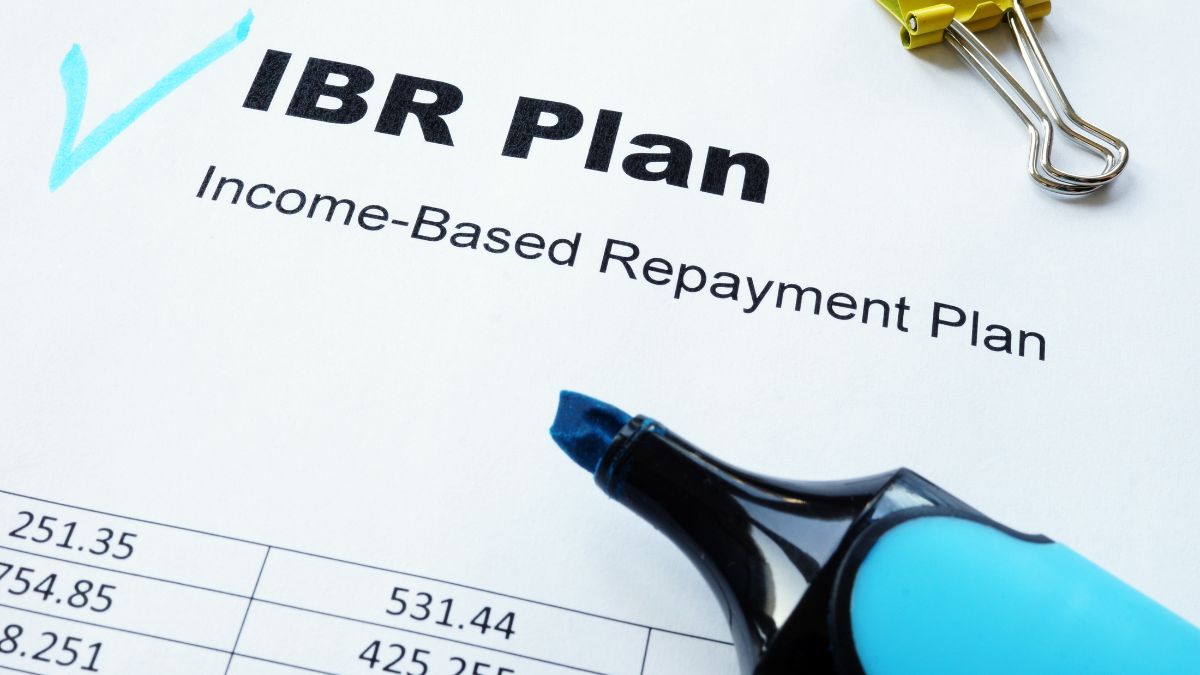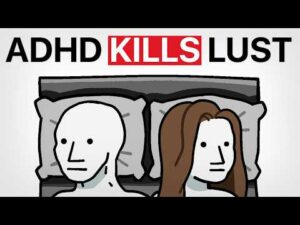Unlock the Secret to Tax-Free Student Loan Forgiveness: What Every Smart Borrower Must Know Now!
Here’s a little something to make you pause—what if the student loan debt that’s been weighing on your shoulders could just vanish without leaving a nasty tax surprise in your inbox? Sounds like a dream, right? Well, buckle up, because the Department of Education just dropped some seriously good news for borrowers grinding it out on income-driven repayment (IDR) plans. If you’re on one of those plans and qualify for loan forgiveness in 2025, the federal government has your back—no federal income taxes on that forgiven debt. I mean, who would’ve thought getting a break here could actually feel like a win in today’s world? But here’s the kicker—what about folks who aren’t on those IDR plans? Or what the future holds beyond 2025? If you’ve been wondering whether that looming “student loan tax bomb” is coming your way, keep reading—this one’s packed with insights you won’t want to miss. LEARN MORE
Good news for student loan borrowers! The Department of Education recently announced that people receiving loan forgiveness through income-driven repayment (IDR) plans won’t owe federal income taxes on their forgiven student debt. To learn more about this news, including whether borrowers not on an IDR plan can expect taxes on their loans, keep scrolling.
What to know about federal income taxes and student loans
Earlier this month the Department of Education announced that borrowers on either an IDR plan, an Income-Contingent Repayment (ICR) plan or a Pay as You Earn (PAYE) plan who qualify for relief in 2025 will not have to pay federal income taxes on their forgiven debt. It is expected to extend to those who actually received student loan forgiveness in 2025, as well as those who just qualified for it, with the official court filing reading, “the date a borrower becomes eligible to have their loans cancelled under the IBR, Original ICR or PAYE plans constitutes the effective date of their loan discharge.”
The announcement came as part of an agreement between the Department of Education and the American Federation of Teachers, in which the organizations agreed to resume loan forgiveness for people on either ICR plans or PAYE plans and to speed processing times for loan forgiveness applications as a whole.
“This is a tremendous win for borrowers,” Winston Berkman-Breen, the legal director for Protect Borrowers, which served as the American Federation of Teachers counsel, said in a statement, per CNBC. “The U.S. Department of Education has agreed to follow the law and deliver Congressionally mandated affordable payments and debt relief to hard-working public service workers across the country.”

As of publication, it’s unclear whether the tax break will extend to 2026 and beyond—especially since President Donald Trump is expected to phase out ICR and PAYE plans in July 2028 as detailed in his One Big Beautiful Bill Act (OBBBA). They are expected to be replaced by either the new standard IDR plan or the new Repayment Assistance Plan (RAP), both of which are expected to cost borrowers.
“The OBBBA will substantially increase student loan costs for borrowers who take out loans after July 1, 2026,” reads a report issued by the borrower advocacy organization Protect Borrowers. “It does this by eliminating their access to all current Income-Driven Repayment plans and forcing them to choose between either the new Standard Plan or a RAP—which is more expensive than almost every existing IDR plan and requires borrowers to be in repayment for 30 years before being eligible for cancellation, rather than 20 to 25 years.”
Can you get taxed on student loan debt?
Generally, you don’t owe taxes on student loan debt itself. However, when certain types of loan forgiveness occur, the forgiven amount may count as taxable income.
The most common type of this is something called a “student loan tax bomb,” which Intuit TurboTax defines as “when your student loan lender forgives all or a portion of your debt, causing you to include this amount in your taxable income.”





















Post Comment